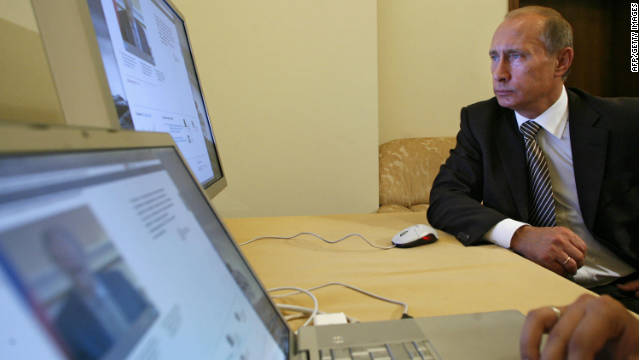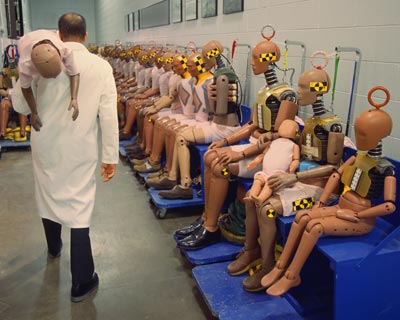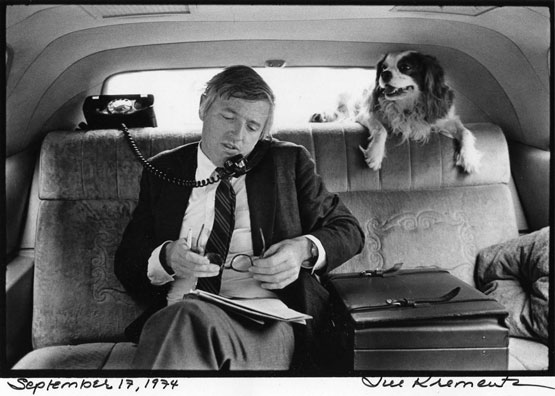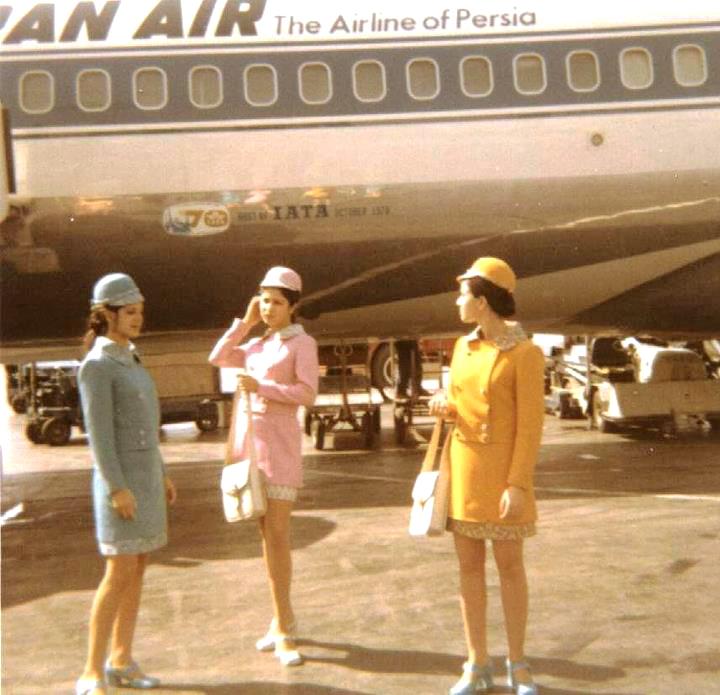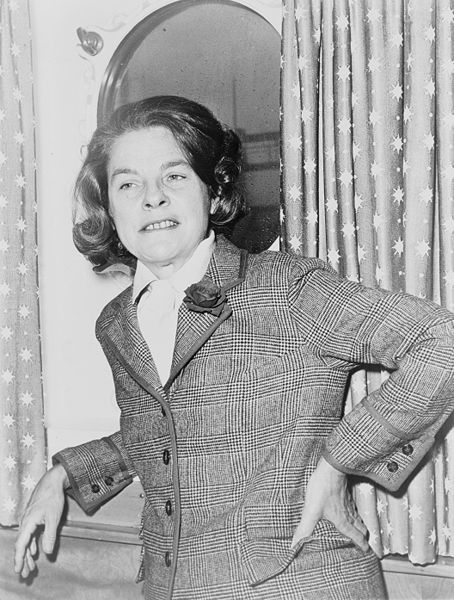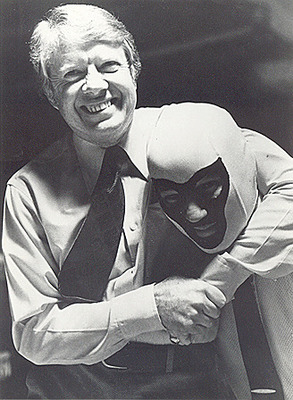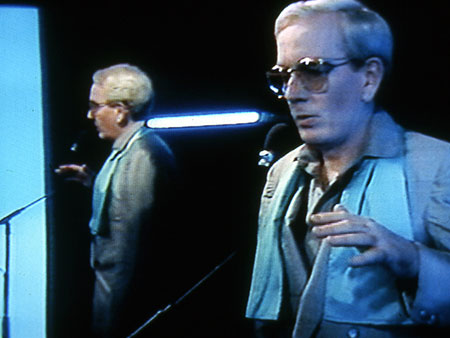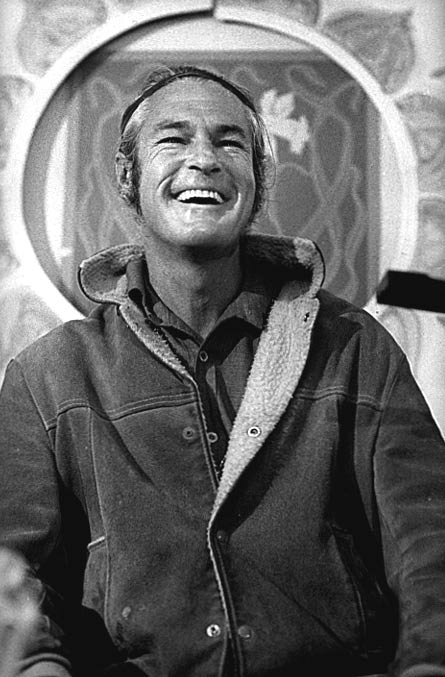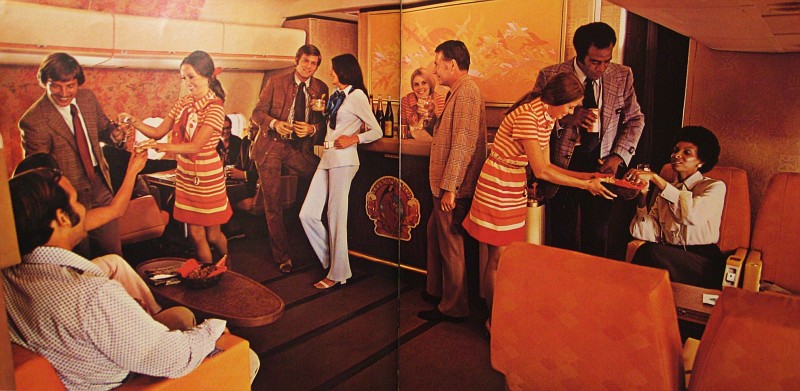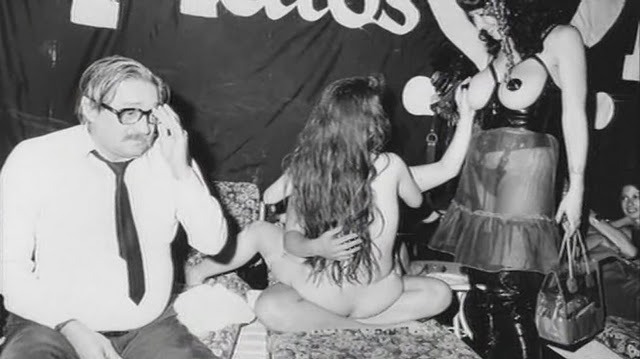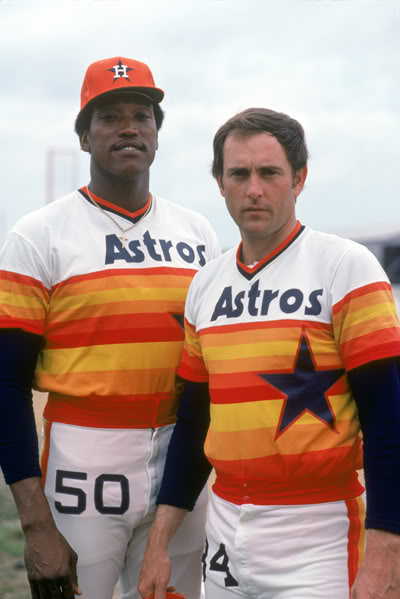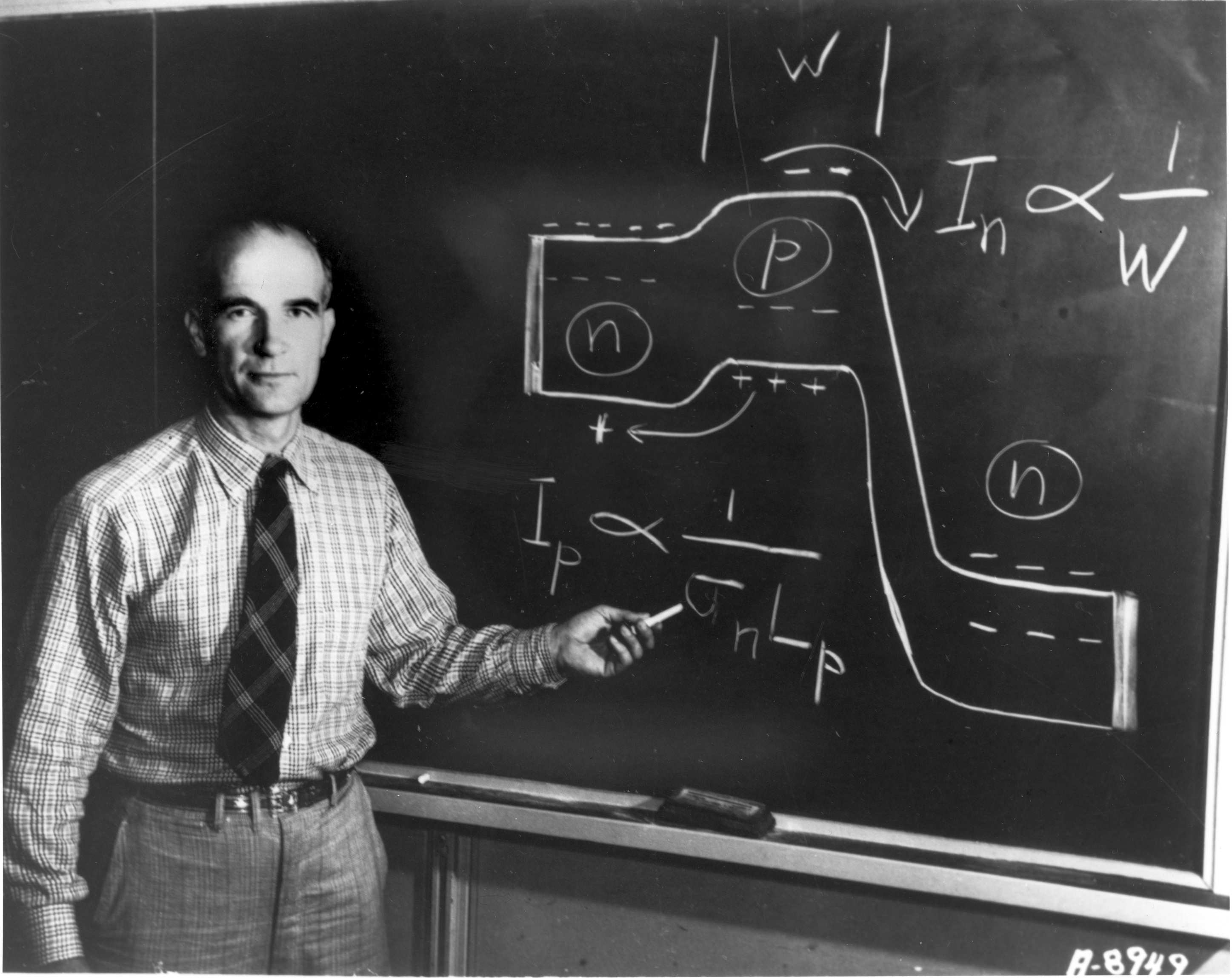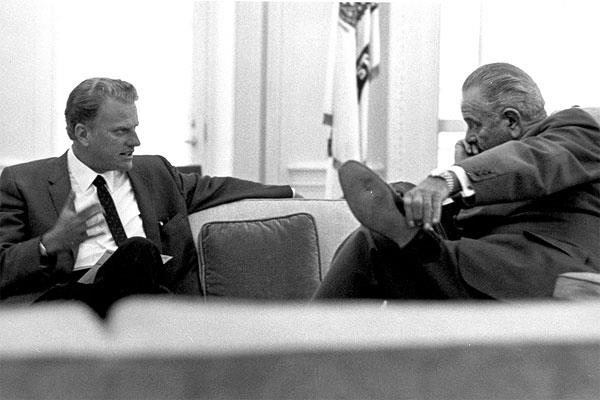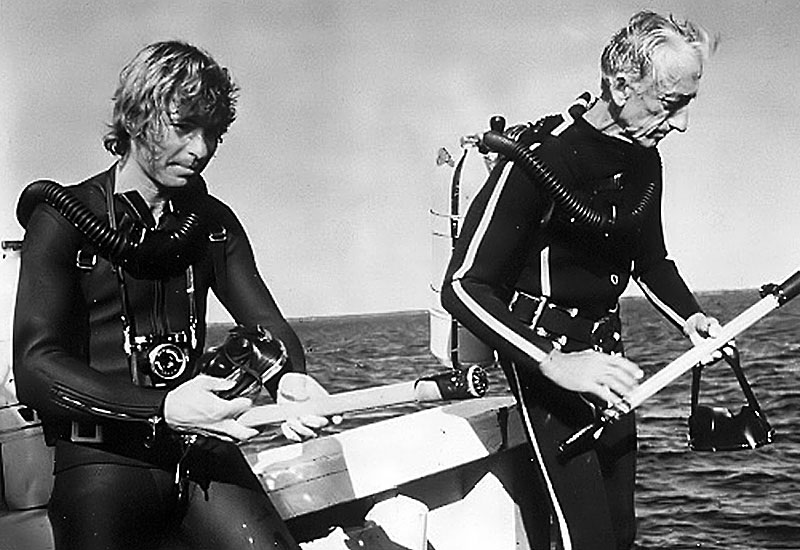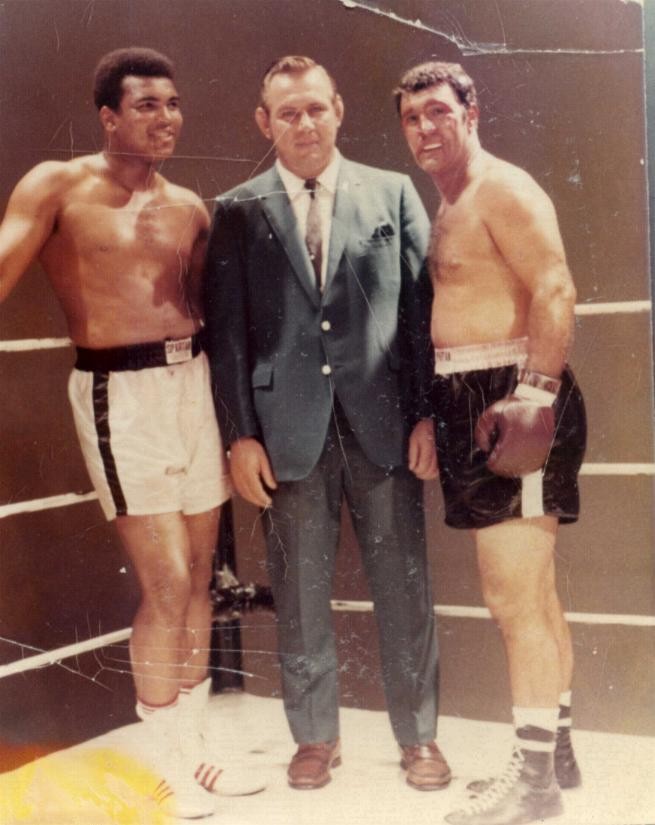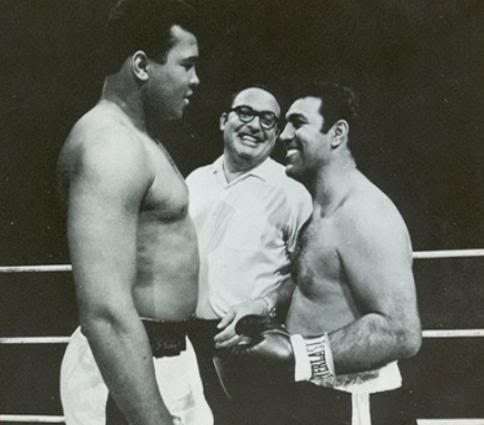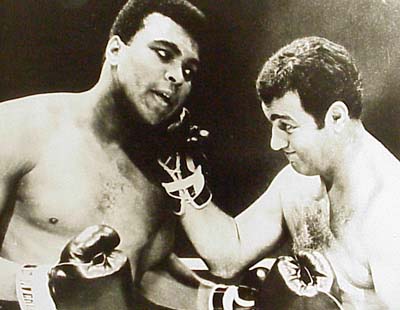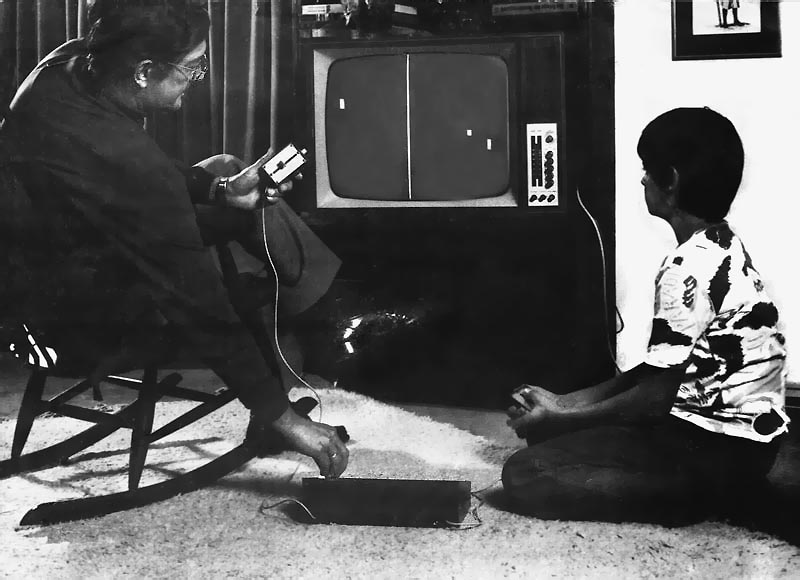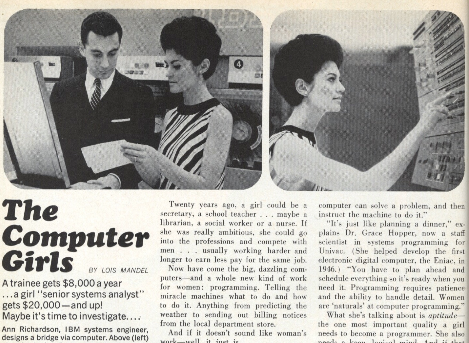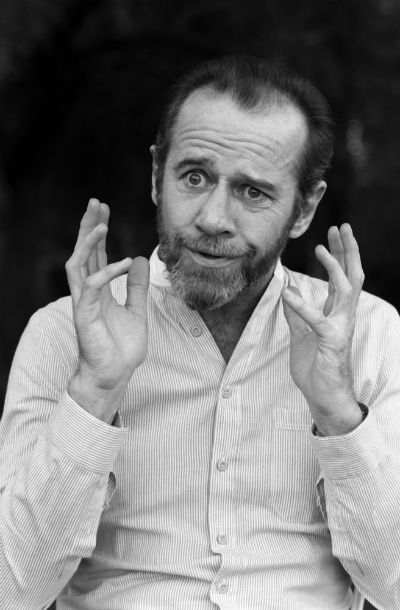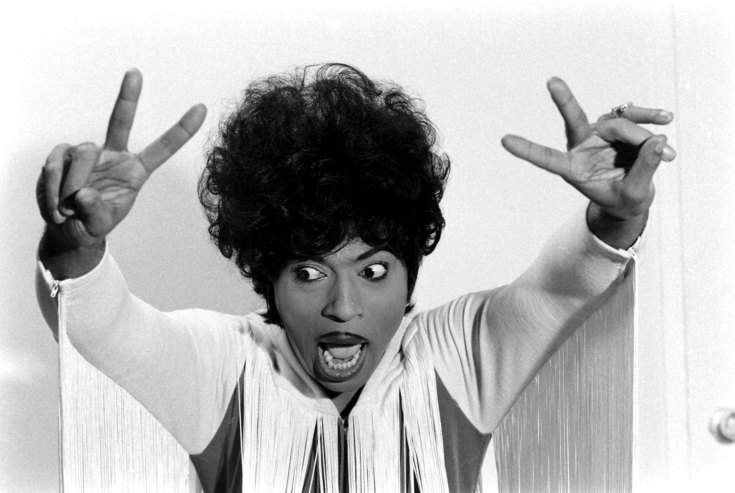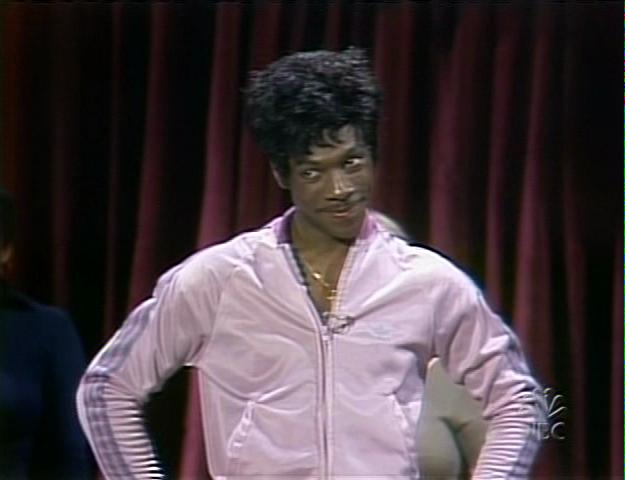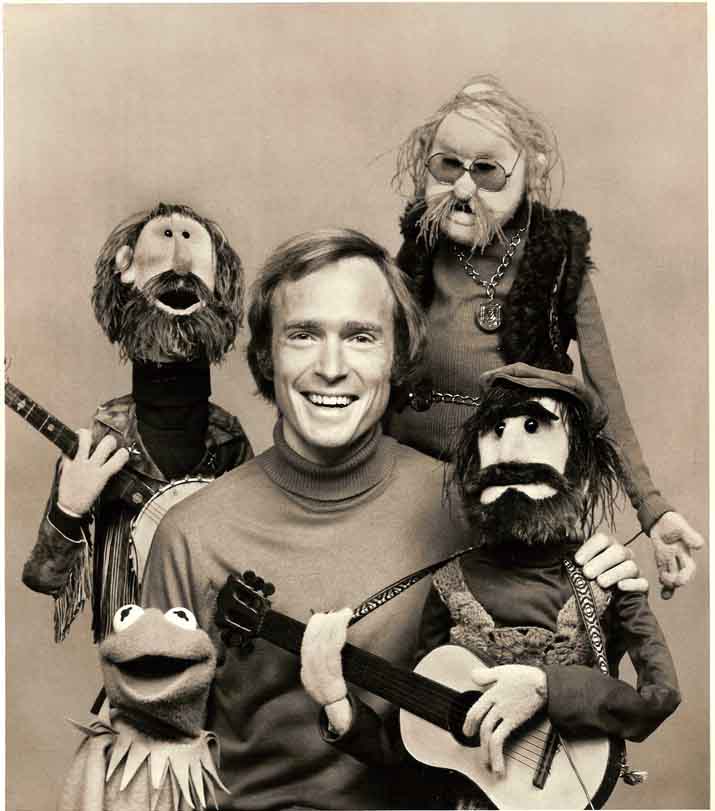Technology is an opportunity but not a panacea. While the Cold War was still on, it seemed to some that interconnectivity would warm relations, that we could 0 and 1 our way to utopia. As the current headlines remind us, disconnects can still occur among the connected.
The opening of “Slow Scan To Moscow,” Adam Hochschild’s 1986 Mother Jones article about the growing electronic link between peoples of the U.S. and the Soviet Union:
“Joel Schatz has wire-rimmed glasses and an Old Testament-sized beard. A big head of curly black hair flecked with gray adds a few extra inches to his sixfoot-two frame. ‘This trip we’re about to take,’ he says enthusiastically, ‘is so important that I’ve even gotten a haircut.’ Its effects are not noticeable.
Joel is sitting in the study of his San Francisco apartment, where most of the furniture consists of pillows on the floor. The largest thing in sight is an enormous reflector telescope, which can be pivoted around on its pedestal and aimed out a high window, Joel explains, ‘to remind me of my place in the cosmos. We’re all voyagers out there.
‘If I had millions of dollars I’d build neighborhood observatories all over the world. And at each one I’d have good conga drums, so people could drum together as well as observe.’
The object of Joel’s attention at this moment, however, as it is much of the time, is his four-pound, briefcase-size Radio Shack Tandy Model 100 portable computer. ‘I bought this machine for $399. For $1.82 a minute – $1.82! – I can send a telex message to Moscow. This technology is going to revolutionize human communications! Think what it will mean when you can get thousands of Americans and Soviets on the same computer network. Once scientists in both countries begin talking to each other on these machines they won’t be able to stop. And we’ll be taking a running leap over the governments on both sides.
‘I’m not a scientist,’ Joel adds. ‘I’ve only owned a computer for four months. I don’t understand how they work. I’ll leave that to other people. I’m just interested in how they can improve communication on this planet.’”
__________________________
Radio Shack Tandy 102 portable computer, the final refresh of the 100 series:

